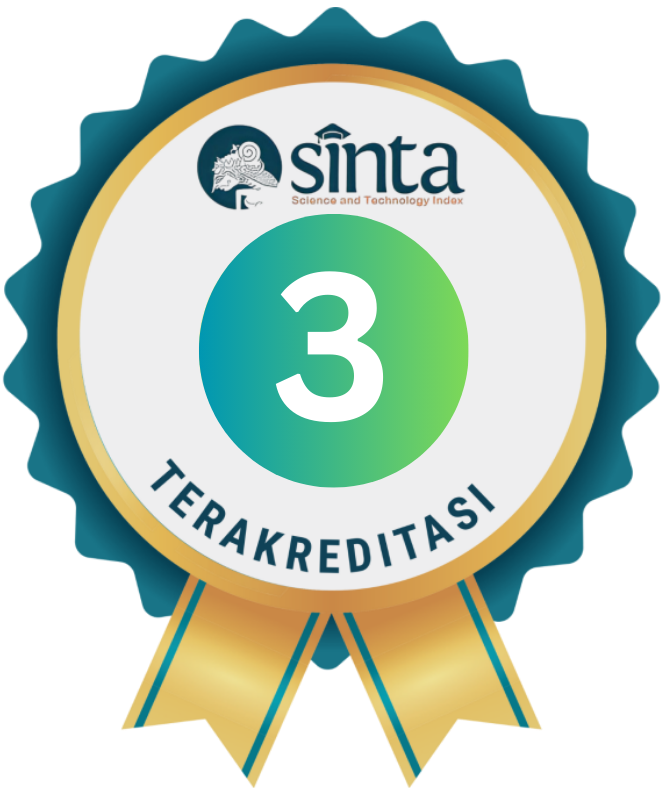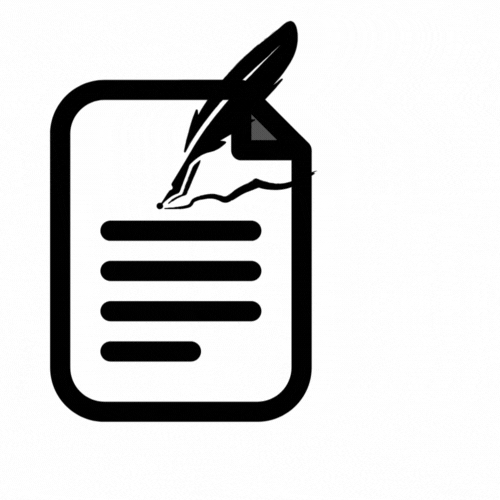The Influence of Audio Stories on Enhancing Digital Literacy In Early Childhood: A Survey Study
DOI:
https://doi.org/10.31958/ijecer.v2i2.11526Keywords:
Utilization, Audio stories, Children's digital literacyAbstract
Digital literacy in children is the ability to understand information from the various information they receive. Introducing digital literacy to children is very important, in this era children use digital technology more often. Therefore, it is important for parents to ensure that children have a good understanding of how to use technology properly and that it can be used in positive activities. The aim of this research is to find out how to use audio stories to improve digital literacy skills in children. This research can also see how parents participate in introducing digital literacy to children, this media can help children develop developmental aspects in children. This research method uses a qualitative descriptive method. The results of this research provide important knowledge about research developments related to the development of digital literacy. Children can understand listening and improving words, retelling and most importantly children can express what is on their mind and use language that is easy for children and other people to understand. Researchers can conclude that it is very important to instill digital literacy in children from a young age because this development is very important to be instilled from a young age, this development is very influential on cognitive development in early childhood.
 
 
References
Dahlan, A. A & dkk. (2001) Ensiklopedi Hukum Islam , Jakarta : Ichtiar Baru Van Hoevea jilid 1
Efendi, H. (2018). Kontrak pertambangan Emas di Nagari Muaro Bodi Kecamatan IV Nagari Kabupaten Sijunjung. Batusangkar.
Farida, A. (2014). Fikih Muamalah, Batusangkar : STAIN Batusangkar Pres.
Hulaify, A. (2019). Asas-asas Kontrak (Akad) Dalam Hukum Syariah. At-Tadbir : Jurnal Ilmiah Manajemen.
Leu, U. U. (2014). Akad dalam Transaksi Ekonomi Syariah. Jurnal Tahkim.
Rifa’I Ahmad. (2016). Tinjauan Fiqh Muamala Terhadap Praktik Penambangan Emas di desa Kasihan Kecamatan Tegalombo Kabupaten Pacitan. ( Doctoral Disertation, STAIN Ponorogo.
Riri, N, S. (2018). Praktek Kerjasama Tambang di Nagari Koto Tuo Kecamatan IV Nagari Kabupaten Sijunjung. Batusangkar.
Semmawi, R. (2010). Urgensi Akad Dalam Hukum Ekonomi Islam. Jurnal Ilmiah Al-Syir’ah.
Soemitra, A. (2019). Hukum Ekonomi Syariah dan Fiqh Muamalah, Prenadamedia Group : Jakarta Timur.
Suhendi, H. (2008). Fiqh Muamalah, Jakarta : PT.Raja Grapindo Persada.
Downloads
Additional Files
Published
Issue
Section
License
Copyright (c) 2023 nur bisma

This work is licensed under a Creative Commons Attribution-NonCommercial-ShareAlike 4.0 International License.
Authors who publish with Indonesian Journal of Early Childhood Educational Research agree to the following terms:
- Authors retain copyright and grant the journal right of first publication with the work simultaneously licensed under a?áCreative Commons Attribution-NonCommercial-ShareAlike 4.0 International License?á(CC BY-NC-SA 4.0) that allows others to share the work with an acknowledgment of the work's authorship and initial publication in this journal.
- Authors are able to enter into separate, additional contractual arrangements for the non-exclusive distribution of the journal's published version of the work (e.g., post it to an institutional repository or publish it in a book), with an acknowledgment of its initial publication in this journal.









